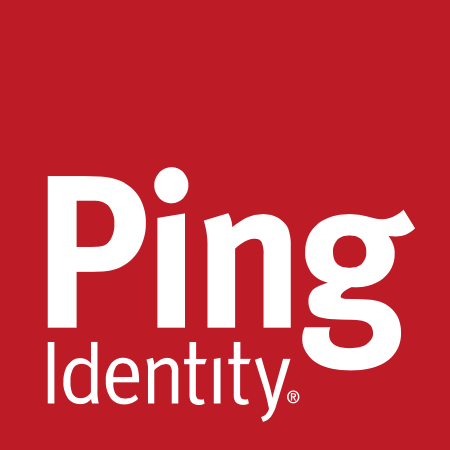GitHub Enterprise Cloud’s open support for the System for Cross-domain Identity Management (SCIM) specification is now generally available for Enterprise Managed Users (EMUs). This allows administrators to mix and match their preferred choices of SAML and SCIM identity systems, providing the flexibility required to meet access management needs.
This release also includes significant improvements for security and auditing:
– A new reduced personal access token (PAT) scope, scim:enterprise, now lets you grant a least privilege, enterprise-level permission set just for read and write access to GitHub’s EMU SCIM API. Use of the admin:enterprise PAT scope is no longer required or recommended.
– New audit log entries exist for SCIM events to enable debugging of any provisioning failures with SCIM APIs.
Learn more about lifecycle management of Enterprise Managed Users with the SCIM API.





